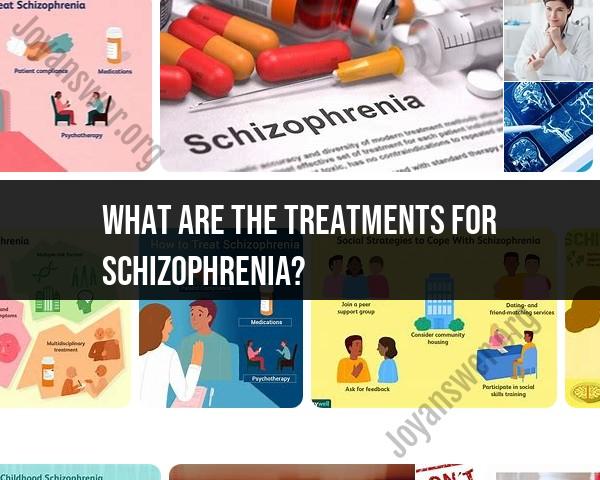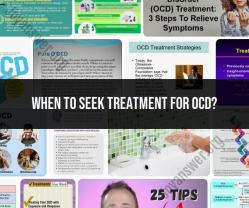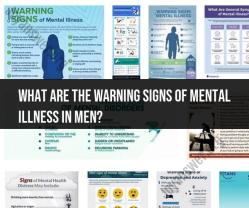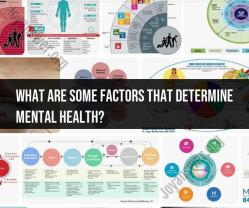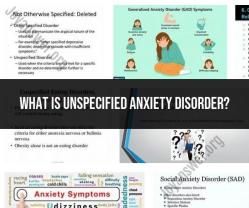What are the treatments for schizophrenia?
Vocational rehabilitation programs help individuals with schizophrenia develop job skills, find employment, and maintain employment. These programs may provide job training, job coaching, and support in navigating the workplace.
- Social skills training: Social skills training teaches individuals with schizophrenia how to communicate effectively, interact with others, and navigate social situations.
- Assertive community treatment (ACT): ACT is a comprehensive, team-based approach that provides intensive support and services to individuals with schizophrenia in the community. This may include medication management, case management, therapy, and assistance with daily living skills.
- Supported employment: Supported employment programs help individuals with schizophrenia find and maintain employment by providing ongoing support, job coaching, and accommodations as needed.
Hospitalization: In severe cases of schizophrenia, hospitalization may be necessary to ensure the individual's safety and stability. During hospitalization, the focus is on stabilizing symptoms, adjusting medications, and providing intensive support until the individual is ready to transition back to the community.
Self-Management Strategies: Individuals with schizophrenia can also benefit from learning self-management strategies to help them cope with symptoms and maintain their overall well-being. These may include:
- Establishing a routine: Maintaining a consistent daily schedule can help individuals with schizophrenia manage their symptoms and reduce stress.
- Monitoring symptoms: Keeping track of symptoms and triggers can help individuals identify patterns and take proactive steps to manage their condition.
- Practicing self-care: Engaging in activities such as exercise, healthy eating, adequate sleep, and stress management techniques can help improve overall health and well-being.
Community Support Services: Access to community support services, such as case management, housing assistance, peer support groups, and day programs, can provide valuable resources and support for individuals with schizophrenia and their families.
It's important for individuals with schizophrenia to work closely with a multidisciplinary treatment team, including psychiatrists, therapists, case managers, and other mental health professionals, to develop a personalized treatment plan that addresses their unique needs and goals. With comprehensive treatment and support, many individuals with schizophrenia can manage their symptoms and lead meaningful lives.
Schizophrenia Treatment: A Multifaceted Approach
1. Common Treatments:
Schizophrenia treatment often involves a combination of approaches to address various aspects of the illness:
Medication:
- Antipsychotics: The mainstay of treatment, they reduce positive symptoms like hallucinations and delusions. Different types with varying side effects exist, so finding the right one is crucial.
- Other medications: Sometimes, mood stabilizers or antidepressants may be used to manage co-occurring conditions like depression or anxiety.
Psychosocial Therapies:
- Individual therapy: Cognitive behavioral therapy (CBT) helps manage negative symptoms like social withdrawal and improve coping skills.
- Family therapy: Educates family members about schizophrenia and helps them provide support and guidance.
- Social skills training: Helps individuals develop communication and social interaction skills.
- Supported employment: Assists with finding and maintaining employment.
Other Approaches:
- Electroconvulsive therapy (ECT): For severe cases where medication is not effective, ECT involves controlled electrical stimulation of the brain.
- Transcranial magnetic stimulation (TMS): A non-invasive procedure using magnetic fields to stimulate brain regions.
- Supportive housing: Provides stable housing and support services to individuals with schizophrenia.
2. Medication's Role:
- Reduces positive symptoms: By managing hallucinations and delusions, medication can improve a person's ability to function and engage with reality.
- Prevents relapse: Regular medication use can significantly reduce the risk of future episodes.
- Improves quality of life: By managing symptoms, medication allows individuals with schizophrenia to participate more fully in life.
3. Non-Pharmacological Approaches:
Yes, they play a vital role alongside medication:
- Psychotherapy: Helps address underlying cognitive and emotional issues, improve coping skills, and build resilience.
- Social skills training: Enhances social interaction and communication, fostering social connections and reducing isolation.
- Supported employment: Provides job training, placement assistance, and ongoing support to maintain employment.
- Family therapy: Educates families about schizophrenia and empowers them to provide support and understanding.
- Lifestyle changes: Healthy sleep, diet, and exercise can improve overall well-being and potentially reduce symptoms.
Important Note:
This information is intended for general knowledge and does not constitute medical advice. If you or someone you know is experiencing symptoms of schizophrenia, it's crucial to consult a qualified healthcare professional for diagnosis and personalized treatment recommendations.
